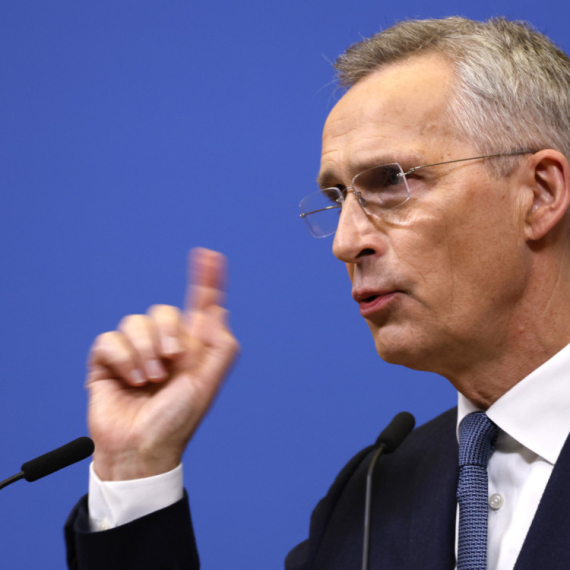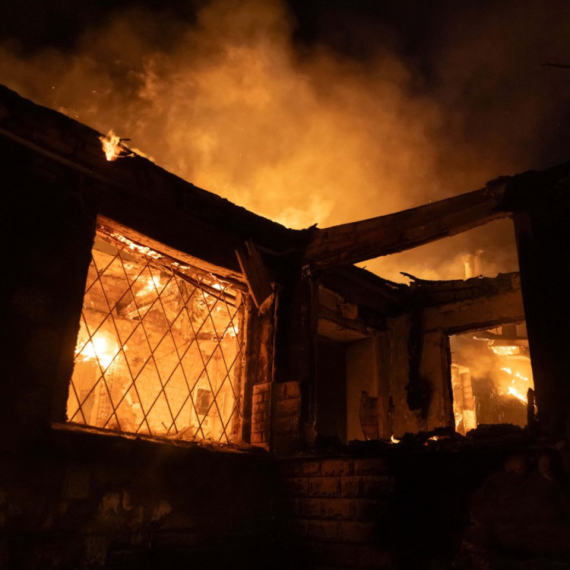Serbia "moving toward" energy efficiency
Minister of Energy, Development and Environment Zorana Mihajlović says it would take "some time to issue a significant number of energy passports".
Tuesday, 02.10.2012.
12:35

BELGRADE Minister of Energy, Development and Environment Zorana Mihajlovic says it would take "some time to issue a significant number of energy passports". However, according to her, "the more important thing was that both individuals and businesses had started moving toward greater energy efficiency". Serbia "moving toward" energy efficiency In line with EU regulations, all new structures will need to obtain an energy passport, and older buildings will have to possess one if they are being sold, rented or renovated. After visiting the TENT B thermal power plant near Belgrade, the minister told reporters it was estimated that energy passports would bring savings between five and seven percent and that energy efficiency would rise two percent in the next five to seven years. Energy passports are important because we will no longer treat energy the same way, added Mihajlovic. Along with the passports, under the new rulebook, a building's energy consumption will be monitored. "Under the rulebook, starting on October 1 secretariats in all municipalities will ask, along with the technical documents, for an energy efficiency study on which the energy passports will be based," President of the Serbian Chamber of Engineers Dragoslav Sumarac said earlier. In the first phase, the passports will only monitor consumption of energy for heating, and rank buildings into eight classes from A plus to G, with A plus being the highest level of energy efficiency or lowest consumption per square meter, Sumarac explained. (file) Tanjug
Serbia "moving toward" energy efficiency
In line with EU regulations, all new structures will need to obtain an energy passport, and older buildings will have to possess one if they are being sold, rented or renovated.After visiting the TENT B thermal power plant near Belgrade, the minister told reporters it was estimated that energy passports would bring savings between five and seven percent and that energy efficiency would rise two percent in the next five to seven years.
Energy passports are important because we will no longer treat energy the same way, added Mihajlović.
Along with the passports, under the new rulebook, a building's energy consumption will be monitored.
"Under the rulebook, starting on October 1 secretariats in all municipalities will ask, along with the technical documents, for an energy efficiency study on which the energy passports will be based," President of the Serbian Chamber of Engineers Dragoslav Šumarac said earlier.
In the first phase, the passports will only monitor consumption of energy for heating, and rank buildings into eight classes from A plus to G, with A plus being the highest level of energy efficiency or lowest consumption per square meter, Šumarac explained.
























































Komentari 4
Pogledaj komentare